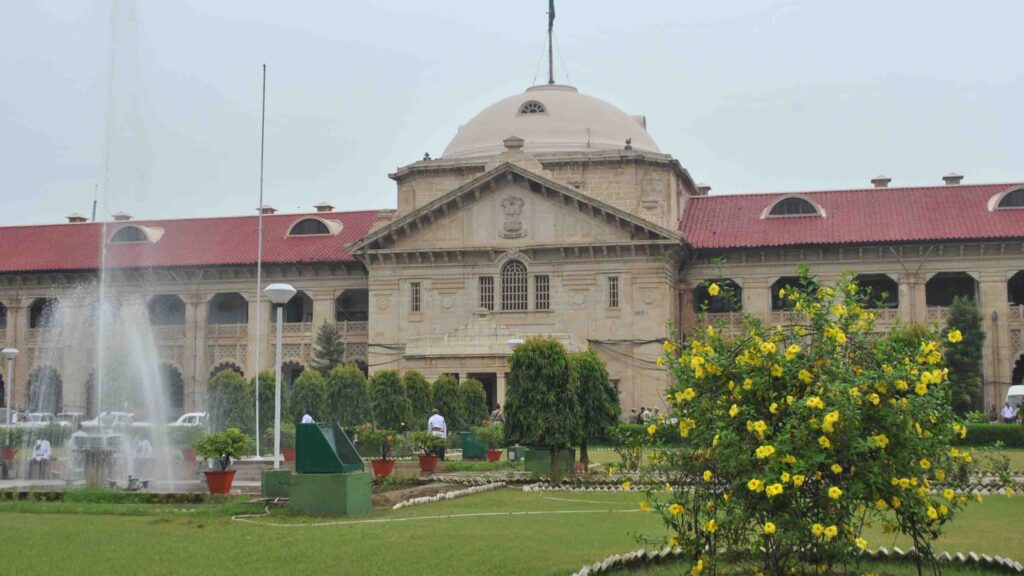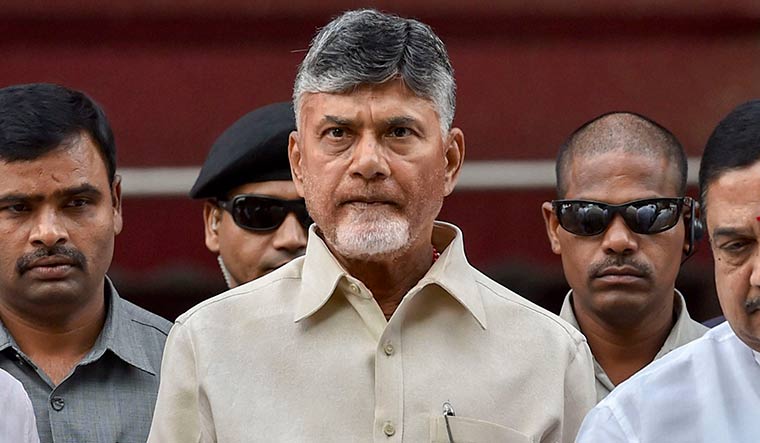
Ensuring Justice: The Impact of Legal Strikes on the Wheels of Justice
Last Updated on January 30, 2024 by News Desk
Introduction:
The recent observation by the Allahabad High Court on the disruption caused by lawyers’ strikes highlights a critical issue affecting the justice system. Unlike industrial establishments, courts cannot afford prolonged strikes without severe consequences, as they bring justice to a standstill, negatively impacting the litigants and the overall legal system.
Issues:
The court emphasized that the legal profession differs from industrial labor, dismissing the comparison with trade unions. Lawyers, equipped with legal means, should not resort to strikes that not only waste judicial time but also harm societal values, leading to a surge in pending cases. The human element in each case was stressed, particularly for the downtrodden and weaker sections who seek justice through the legal system.
Reasoning and Arguments:
The bench argued that prolonged court closures could drive people to alternative, potentially illegal avenues for dispute resolution. It pointed out that strikes were being called for reasons unrelated to the legal profession, citing an instance where lawyers abstained from work due to the death of a political figure. The court highlighted the existence of mechanisms, such as the Grievance Redressal Committee, for lawyers to ventilate legitimate grievances without resorting to strikes.
Conclusion:
The court concluded that lawyers have an obligation to uphold the dignity of the judicial system and should not engage in activities that erode the confidence of their clients. It directed the Uttar Pradesh Bar Council to submit guidelines on lawyers abstaining from work in different situations. The matter, treated as a public interest litigation, underlines the need to address the impact of strikes on the justice delivery system.
Written by — Athi Venkatesh AVD




